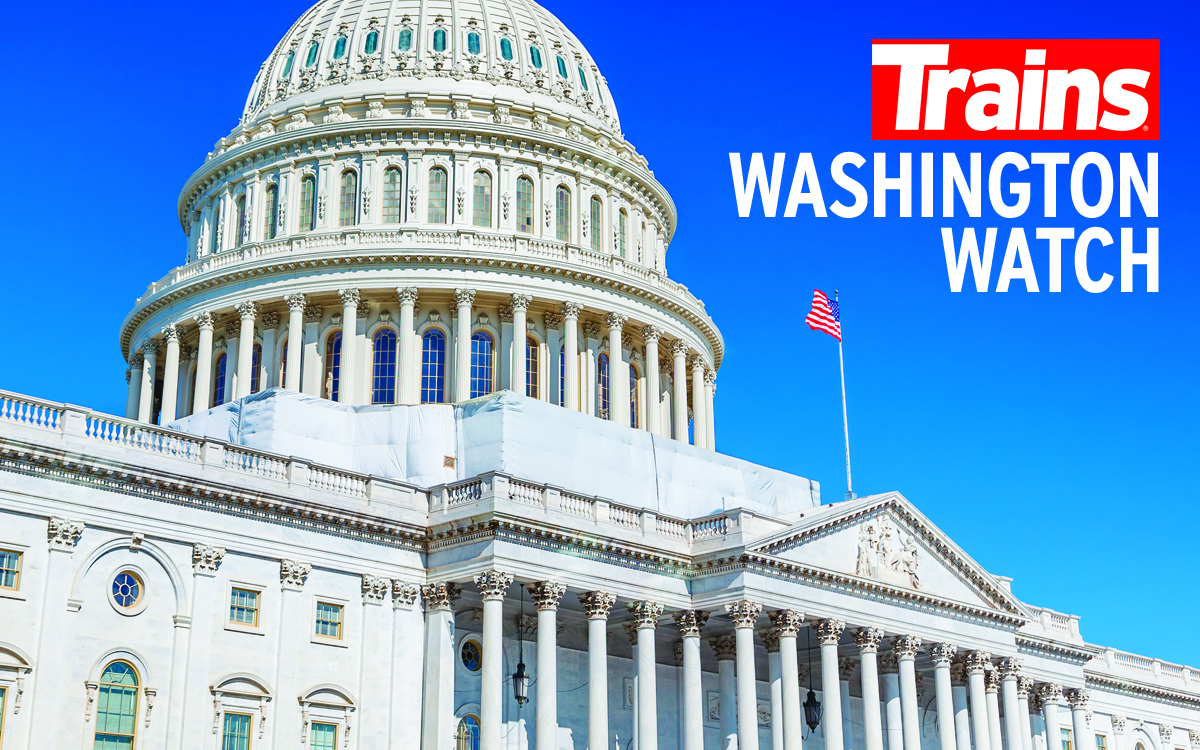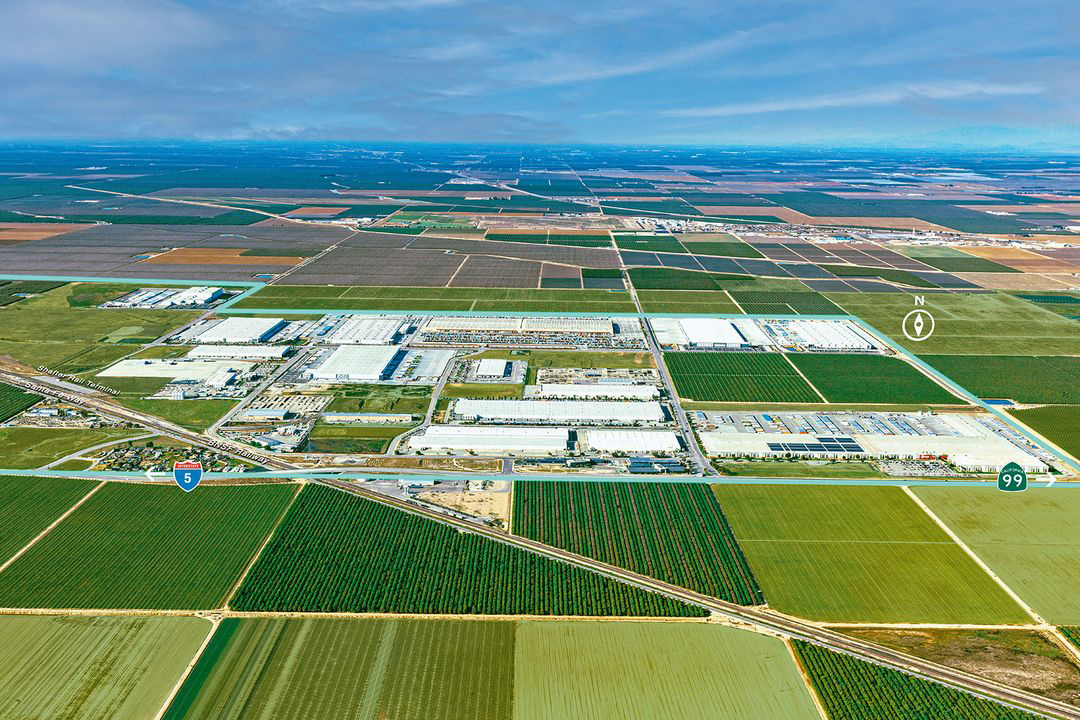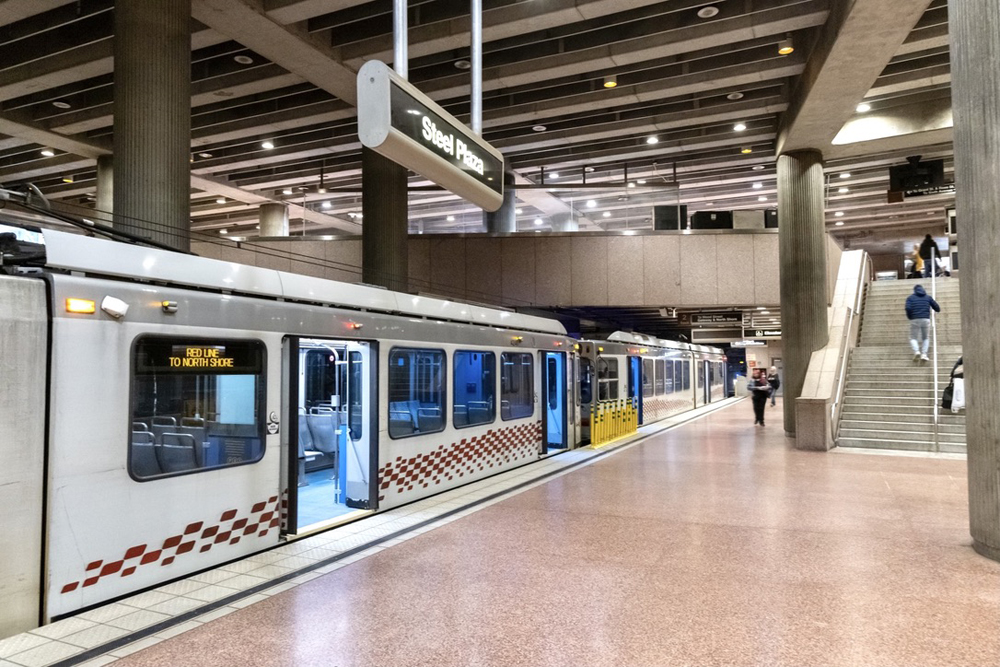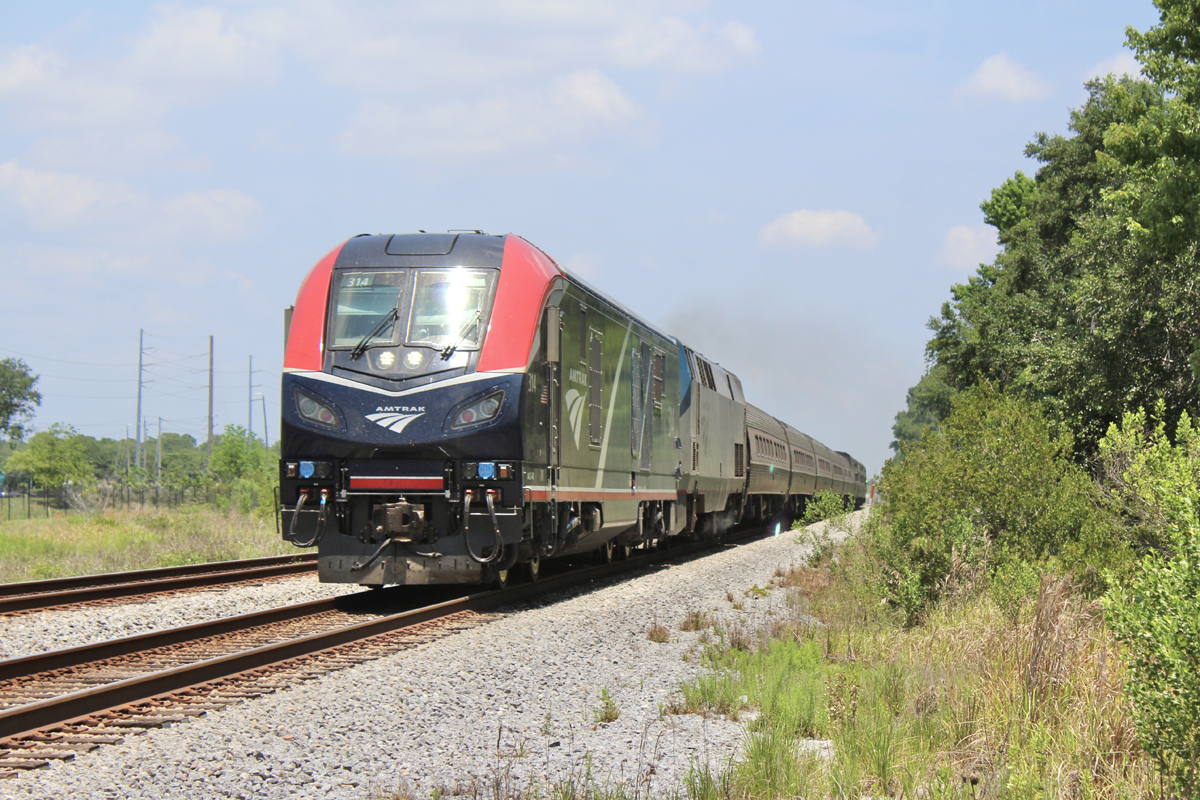Based upon railroad’s First Quarter 2019 PTC Progress Reports submitted to FRA by April 30, those required to implement PTC continue to make significant progress toward its full implementation on the required main lines. As of March 31, PTC systems were in operation on almost 48,050 of the nearly 58,000 route miles subject to the statutory mandate — a 3% increase from last quarter. Also, railroads are conducting advanced field testing, known as revenue service demonstrations, on an additional 341 route miles.
“We will maintain our laser-like focus on this rail technology initiative, and FRA will continue allocating and leveraging all necessary resources to support the swift implementation of PTC,” said FRA Administrator Ronald L. Batory.
With approximately 19 months remaining until the statutory implementation deadline of Dec. 31, 2020, FRA continues to conduct comprehensive and vigorous regulatory oversight of railroad efforts to meet it. It is doing so by providing technical assistance to all host and tenant railroads, and coordinating with PTC system component suppliers and vendors.
All 41 railroads subject to the statutory mandate complied with the law by either fully implementing a PTC system by Dec. 31, 2018, or demonstrating they qualified for FRA approval of an alternative schedule, permitting up to two additional years to finish fully implementing PTC systems on all their required main lines.
Specifically, four railroads had fully installed PTC and 37 others sufficiently demonstrated they met or exceeded the six statutory criteria necessary to qualify for an alternative schedule. All railroads have committed to fully implementing PTC on their required main lines by December 31, 2020.
With all necessary PTC system hardware installed, spectrum acquired, and testing having been initiated as of Dec. 31, 2018, the key remaining steps for full implementation include: (1) conducting Revenue Service Demonstration of uncertified PTC systems on the general rail network; (2) submitting a PTC Safety Plan and obtaining PTC System Certification from FRA (host railroads only); (3) achieving interoperability between host railroads and tenant railroads; and (4) activating the PTC system so it governs all operations on the required main lines. FRA has also developed a new set of graphics to track railroad progress, focusing on each of these significant remaining elements of full implementation.
A key requirement of the original statutory mandate is interoperability, meaning the controlling locomotives and cab cars of any host railroad and tenant railroad operating on the same main line will communicate with and respond to the PTC system, including uninterrupted movements over property boundaries.
In April, FRA sent a letter to each freight, non-Class I tenant railroad that operates on at least one main line subject to the mandate, emphasizing the importance of timely implementation, and inviting them to meet with FRA in Washington this summer. FRA plans to meet individually with each tenant railroad to offer technical assistance with respect to PTC system implementation.
On June 5, FRA will host the second PTC Collaboration Session to share best practices with industry and jointly address any challenges.
More information is available online.
— A Federal Railroad Administration news release. May 29, 2019













